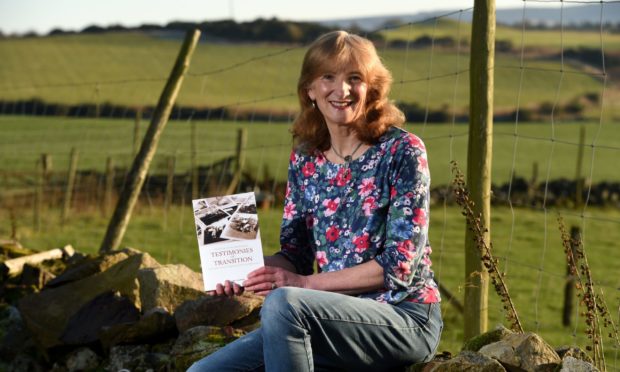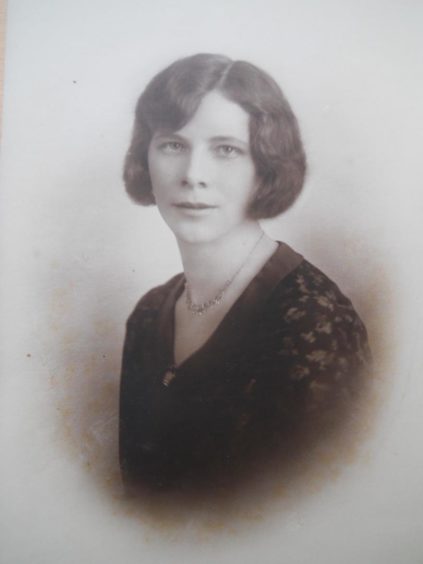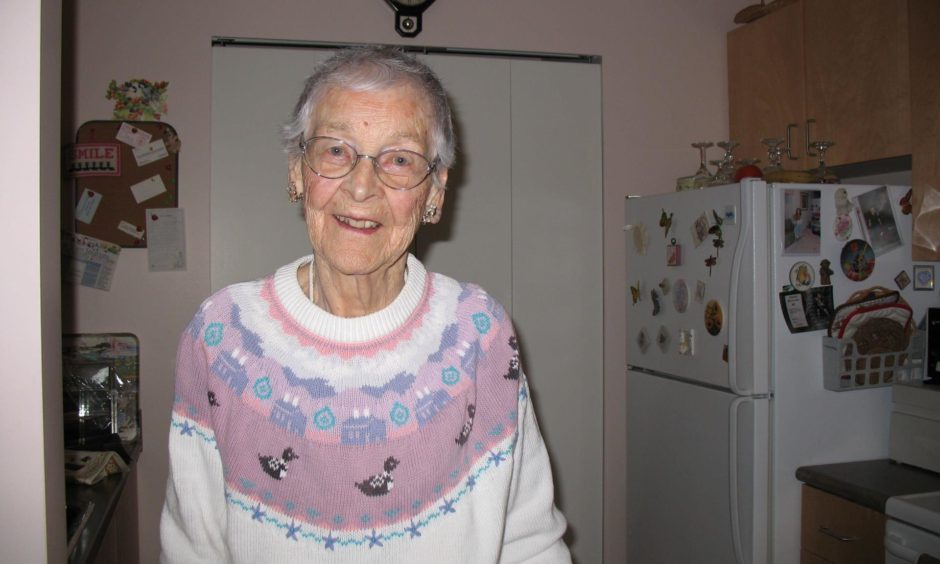The stories of more than 100 Scots who left their homeland in search for a new life abroad are being told in a new audio book.
History professor Marjory Harper, of Aberdeen University, has spent the last 15 years gathering oral testimonies from individuals and families who have emigrated from all parts of Scotland since the early 20th century.
Their global experiences were first published in 2018 in her book Testimonies of Transition: Voices from the Scottish Diaspora.
After receiving a grant from the Strathmartine Trust, Prof Harper worked with the BBC’s sound engineering department to create an audio version of the book that adds an “extra dimension which doesn’t exist in print”, by telling the stories with the actual voices of the interviewees.
“The audio version of the book gives us a chance to hear how people express their experiences and their feelings”, Prof Harper said.
“We can hear immediately, for example, whether emigrants have retained their Scottish accents, idioms and dialects, or whether they have adopted the ones from the place to which they’ve gone.
“For the first time people can also appreciate – from the rhythm and tone of voice – the adventurous spirit, and occasionally the anguish, of those who took this momentous step, as they recall why they made the journey, their first impressions when they arrived, and how they adapted or integrated as time went on.”
The stories told by the emigrants offer a rich resource about the motives, experiences, identities and inner lives of a diverse range of individuals.
The interviews cover emigrants who left Scotland between 1923 and 2005.
They include the voices of some who participated in the most significant waves of Scots departures, including a woman who moved to Canada in 1923 – a peak year for emigration, when more than 89,000 people left to seek new lives overseas in the aftermath of the First World War.
Prof Harper added: “I feel that I’ve been privileged to be given a share in the ups and downs of the emigrant experience.
“I have been so richly rewarded in the conversations I have had not only because of the insights that I’ve gained in the Scottish diaspora and people’s reasons for emigrating, and their experiences as emigrants and returners, but primarily in the many lasting friendships that I’ve made.”


